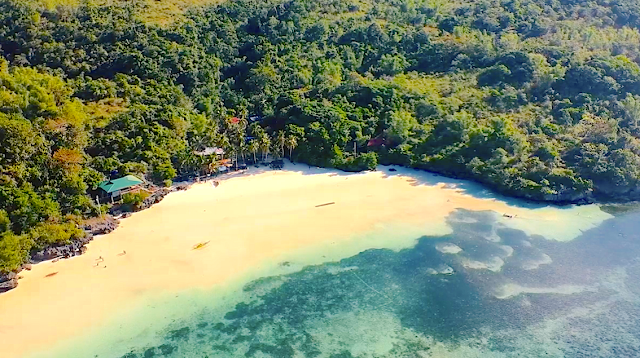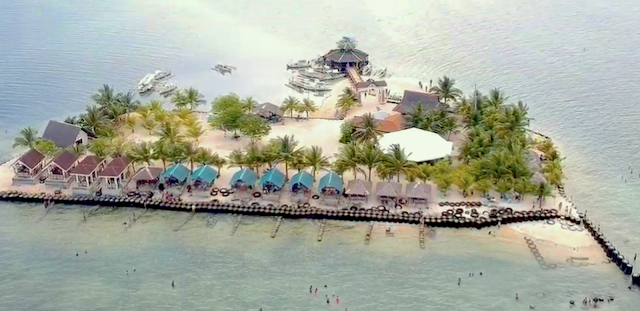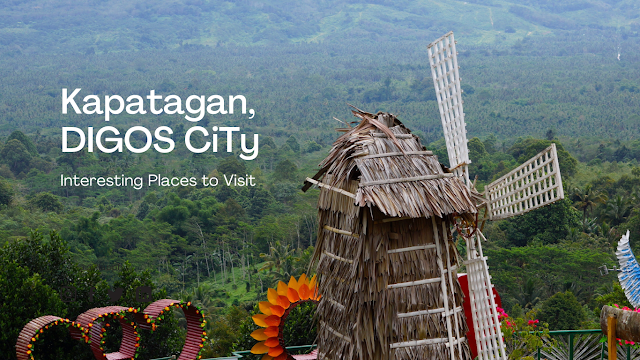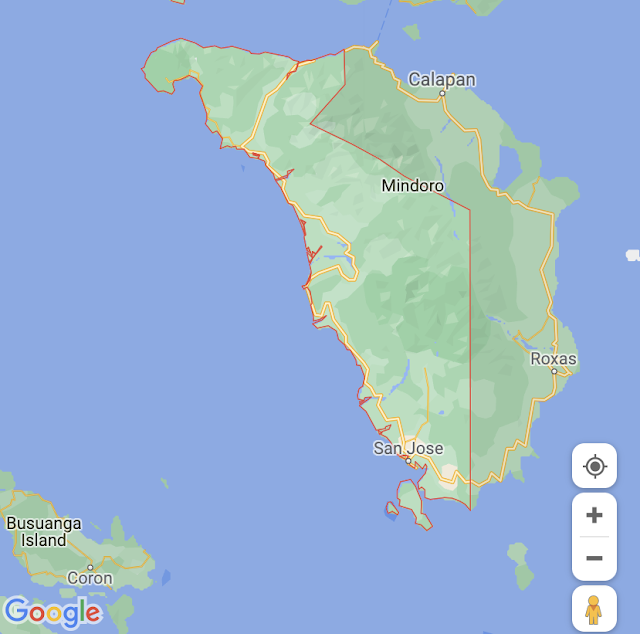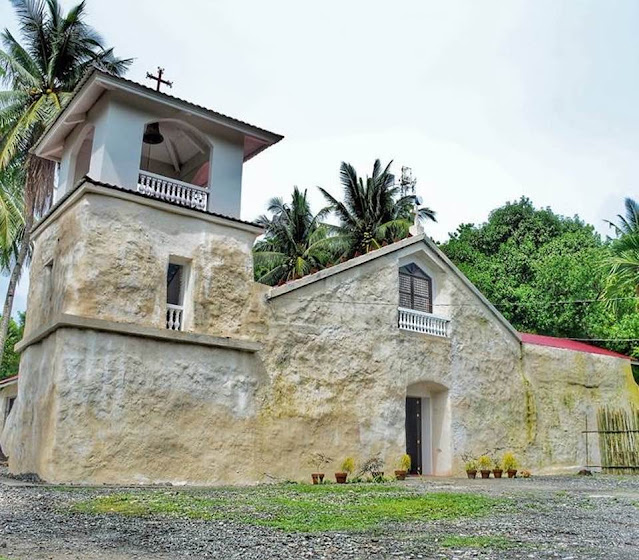Naga, Zamboanga Sibugay
Nestled in the Zamboanga Peninsula region of the Philippines, Naga is a thriving municipality within the province of Zamboanga Sibugay. With its rich cultural heritage, natural beauty, and progressive outlook, Naga has become an important hub in the region. This article explores the governance, geography, population, and economic profile of Naga, shedding light on its dynamic character and promising future.
Governance and Leadership:
Governed by dedicated leaders, it continues to foster progress, prioritizing the well-being of its residents and striving for sustainable development. As Naga invests in infrastructure, promotes economic growth, and preserves its cultural heritage, it invites both visitors and residents to experience its vibrancy and immerse themselves in the charm of this promising destination within the Zamboanga Peninsula.
Naga operates under the Sangguniang Bayan system, with Mayor Rino O. Delos Reyes leading the local government. Assisting him in the administration is Vice Mayor Romeo P. Pantag. Dulce Ann K. Hofer represents the municipality in the 2nd district. The Municipal Council, composed of elected members, collaborates to address the needs and aspirations of the community.
Geography and Demographics:
Encompassing a total area of 246.30 square kilometers (95.10 square miles), Naga boasts a diverse geography. Situated at an elevation of 27 meters (89 feet) above sea level, the municipality features varying topography, with the highest peak reaching 266 meters (873 feet) and the lowest point at -2 meters (-7 feet). Naga is composed of 23 barangays, each contributing to the vibrant tapestry of local culture. As of the 2020 census, the population stood at 41,743 individuals residing in approximately 9,235 households. The native languages of Subanon, Cebuano, Chavacano, and Tagalog are commonly spoken, reflecting the linguistic diversity within the community.
Economy and Infrastructure:
Naga is classified as a 3rd municipal income class area. While the poverty incidence in 2018 stood at 32.79%, the municipality is actively working towards poverty reduction and inclusive growth. In 2020, Naga generated revenue of ₱162.9 million, with total assets valued at ₱403.9 million. The municipality allocated ₱158.2 million for expenditures, with liabilities amounting to ₱106.9 million. These financial indicators underscore the municipality's commitment to sustainable development and improving the well-being of its residents.
The provision of electricity is overseen by the Zamboanga del Sur 2 Electric Cooperative (ZAMSURECO 2), ensuring reliable power supply to the community. Naga also focuses on enhancing its infrastructure, including road networks, bridges, and public facilities, to promote connectivity and cater to the needs of its residents.
Culture and Heritage:
Naga takes pride in its cultural heritage, celebrating it through various cultural events and festivals. These festivities provide an avenue for residents and visitors to appreciate the municipality's traditions, rituals, and artistic expressions. The warm and welcoming nature of the locals adds to the cultural vibrancy of Naga, making it an appealing destination for those seeking an authentic experience.
List of Barangays
- Aguinaldo
- Baga
- Baluno
- Bangkaw-bangkaw
- Cabong
- Crossing Santa Clara
- Gubawang
- Guintoloan
- Kaliantana
- La Paz
- Lower Sulitan
- Mamagon
- Marsolo
- Poblacion
- San Isidro
- Sandayong
- Santa Clara
- Sulo
- Tambanan
- Taytay Manubo
- Tilubog
- Tipan
- Upper Sulitan

